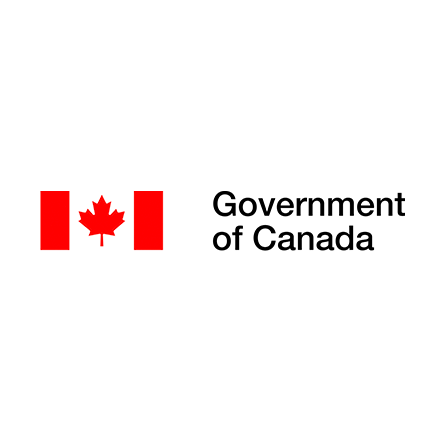Canada’s framework, known as Consumer-Driven Banking, is a government-mandated open banking regime under development. It is intended to allow Canadians and small businesses to securely share financial data via APIs with accredited third parties. Consumer-Driven banking is a regulatory-driven initiative, underpinned by the Consumer-Driven Banking Act. As of 2025, the regulator has not yet selected or defined a formal technical standard.
In terms of industry adoption, the market has largely adopted the FDX API introduced in the U.S. The FDX API is an industry-led open finance / open banking standard in the U.S. and Canada, stewarded by the Financial Data Exchange (FDX), a private non-profit organization with over 150 members. It enables consumer-permissioned access to financial data (accounts, transactions, product information) via a common API specification.
Although FDX has been recognized in the U.S. as a standard-setting body, it has not yet achieved any formal recognition in Canada, in spite of strong industry adoption. As the Consumer-Driven Banking regulatory efforts expand, they will move to formally select a standard and FDX is a likely choice.


